Kurdish Militant Group PKK Announces Disarmament and Dissolution
After four decades of armed conflict, the outlawed Kurdish group PKK says it is ending its insurgency and disbanding, following a call from its imprisoned leader Abdullah Ocalan.The Kurdistan Workers' Party (PKK), which has waged a 40-year armed campaign against the Turkish state, has declared it is laying down its weapons and disbanding. The announcement marks a historic shift in one of the most protracted conflicts in modern Turkey.
The decision comes months after the group’s founder and jailed leader, Abdullah Ocalan, urged an end to the armed struggle. In a letter penned from his prison cell in February, Ocalan stated that "there is no alternative to democracy" and emphasized the need for a political resolution to the Kurdish issue.
Founded with the goal of establishing an independent Kurdish state, the PKK has since shifted its focus to pursuing greater cultural and political rights for Kurds, who comprise roughly 20% of Turkey's population. Over the decades, the conflict has claimed more than 40,000 lives.
In a statement published through the PKK-affiliated ANF news agency, the group declared that it had "completed its historical mission" and would henceforth pursue its goals through peaceful, democratic means.
"The Kurdish issue can now be resolved through democratic politics," the statement said.
While the full implications of this move remain uncertain, speculation is growing about possible concessions from the Turkish state, including the potential parole of Ocalan, who has been held in solitary confinement since his capture in 1999.
For President Recep Tayyip Erdogan, the PKK’s disbandment may present a strategic political opportunity. Facing a challenging political landscape ahead of the 2028 presidential elections, Erdogan is likely to seek support from pro-Kurdish parties to bolster his chances.
Military pressure also played a role. In recent years, the Turkish armed forces have significantly weakened the PKK's presence both inside Turkey and across the borders in Iraq and Syria, limiting its operational capacity.
The Turkish government has responded cautiously. A spokesperson from Erdogan’s ruling AK Party called the PKK’s decision a step towards achieving a “terror-free Turkey” and said that state institutions would oversee the process moving forward.
The international response has been broadly supportive. UN Secretary-General António Guterres described the announcement as a potential breakthrough for peace if fully carried out. The European Union encouraged all sides to "seize the moment," while Syrian Foreign Minister Asaad al-Shaibani hailed it as a "pivotal moment" for regional stability.
Analysts remain measured in their optimism. Winthrop Rodgers of Chatham House noted that the move would require a substantial democratic shift within Turkey to satisfy Kurdish political aspirations. While recent signs suggest some openness among Turkish leaders, Rodgers cautioned that “the ball is in Turkey’s court” when it comes to translating this moment into lasting change.
For now, the disbanding of the PKK represents a remarkable turning point—offering the possibility of peace, but leaving many questions still to be answered.








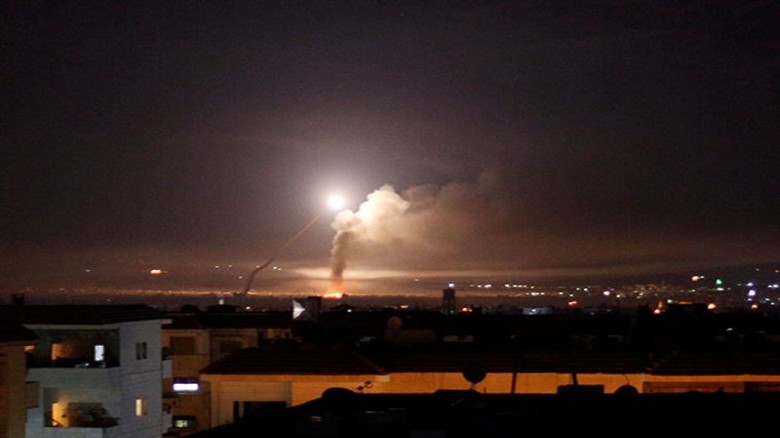
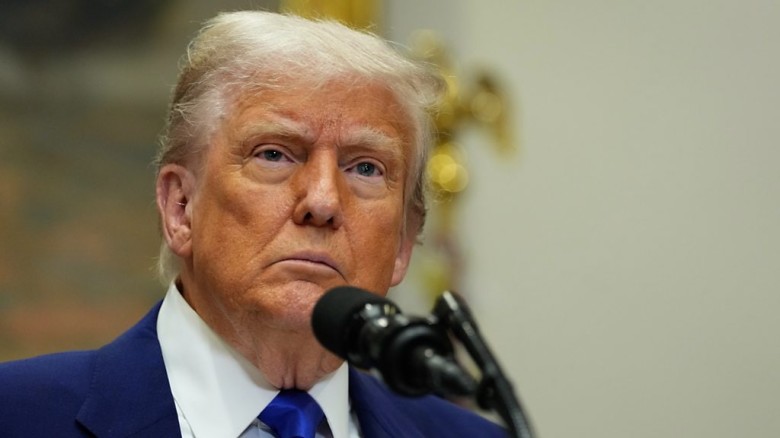

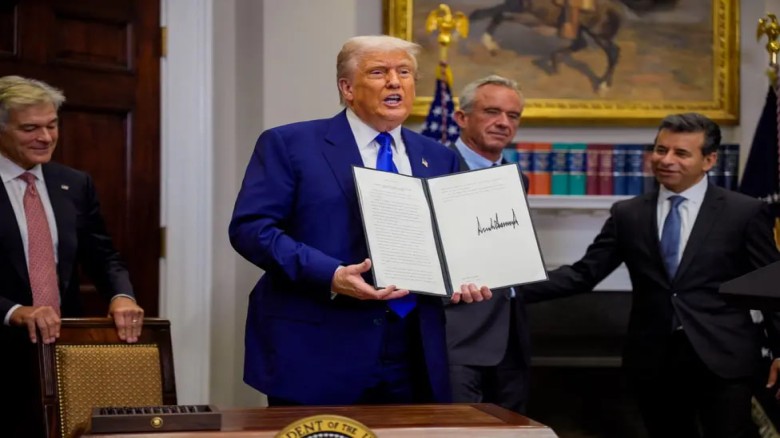





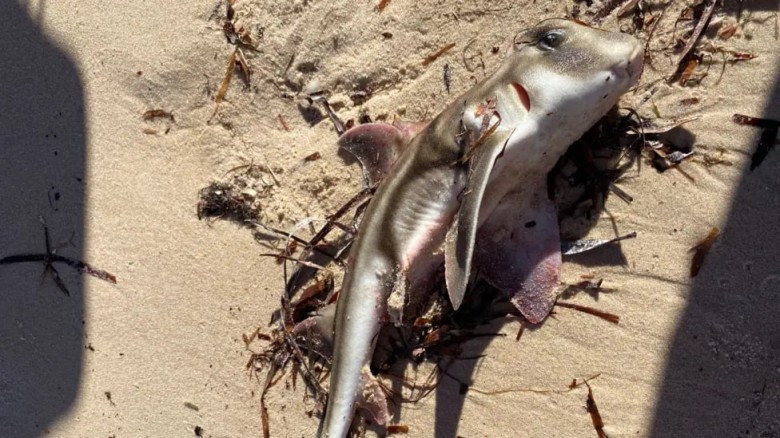



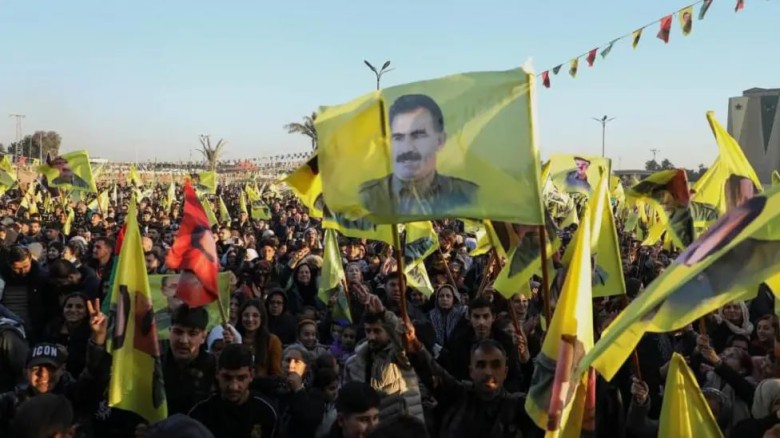
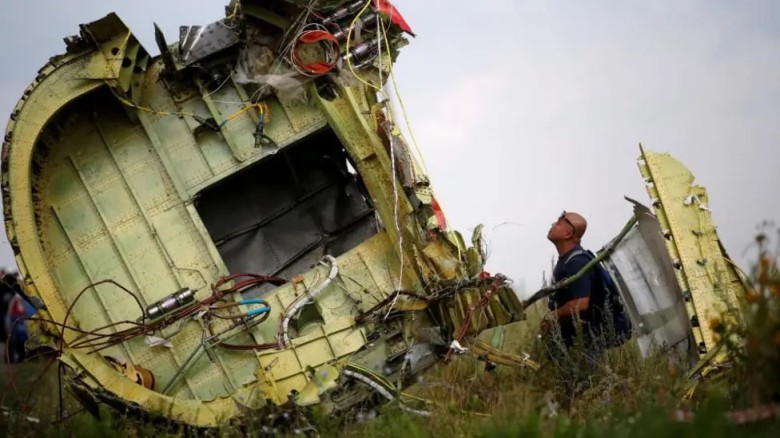
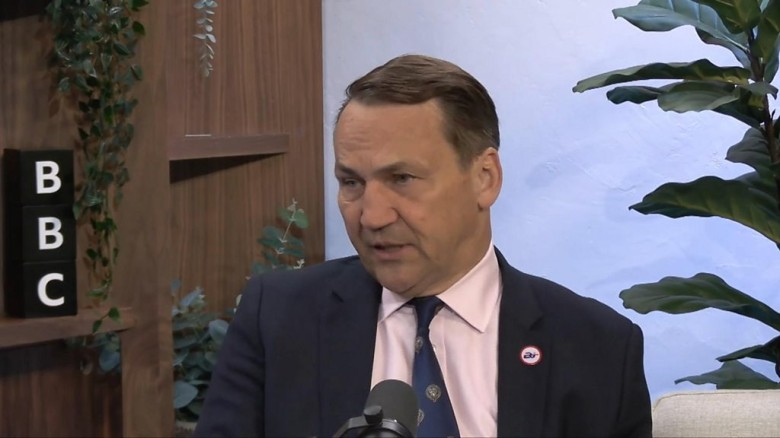


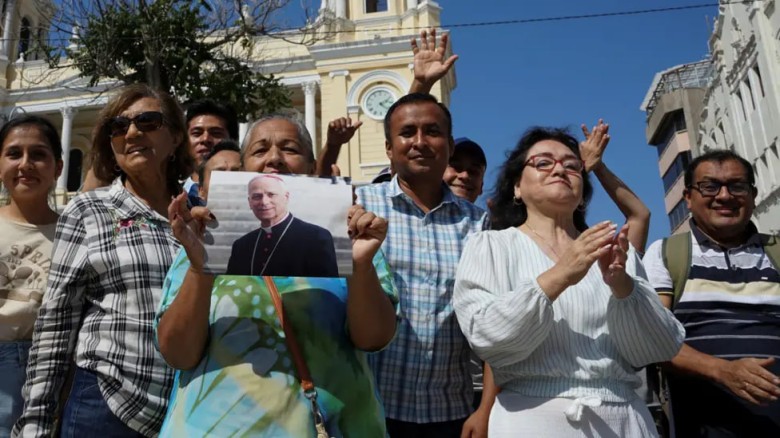
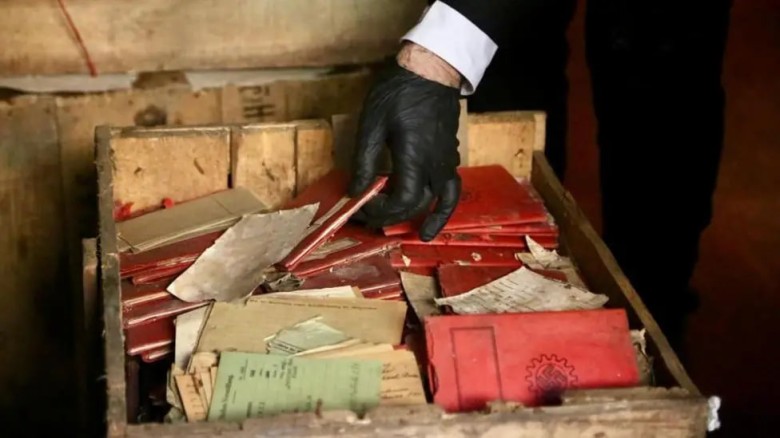










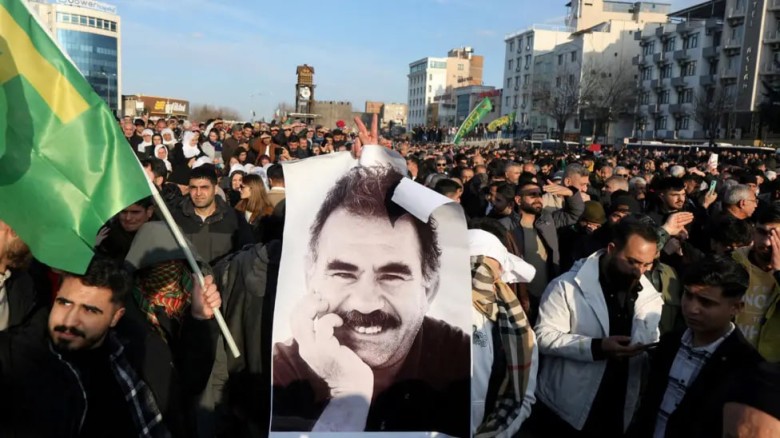
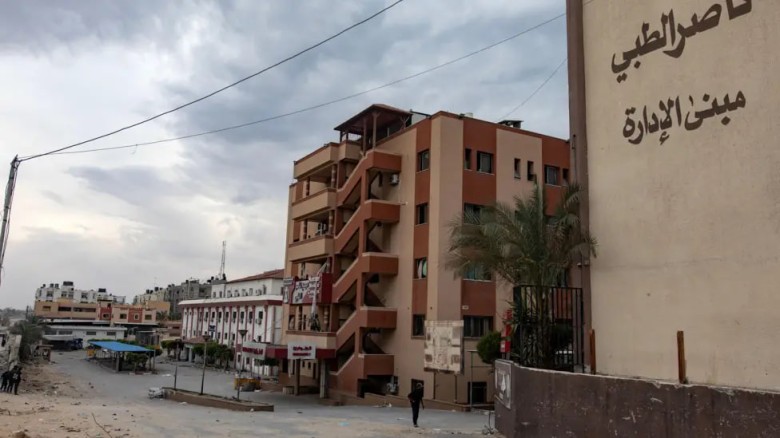









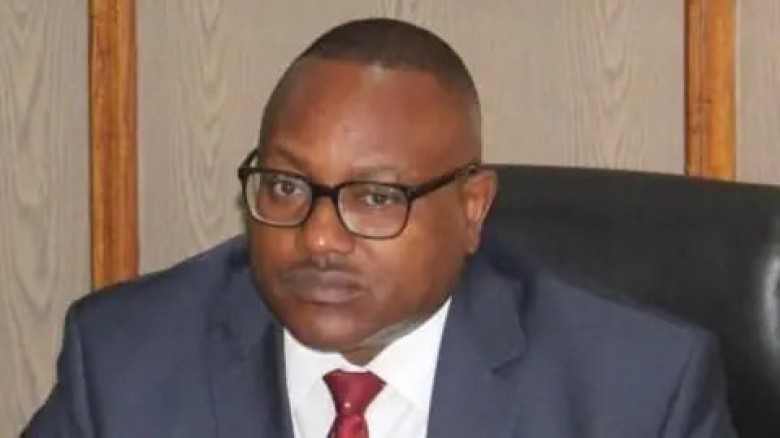
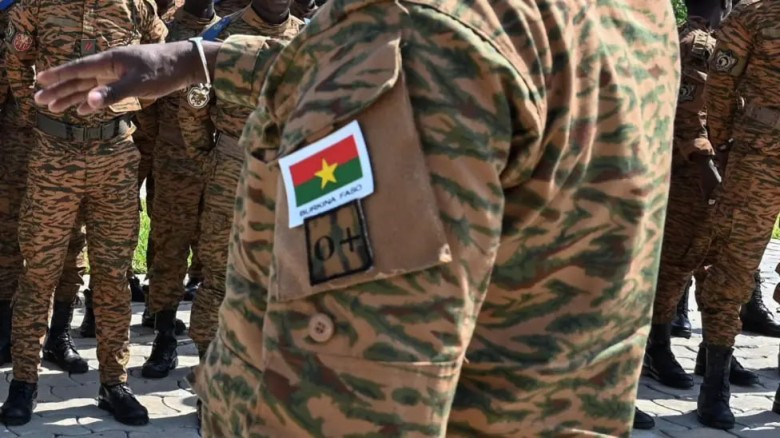
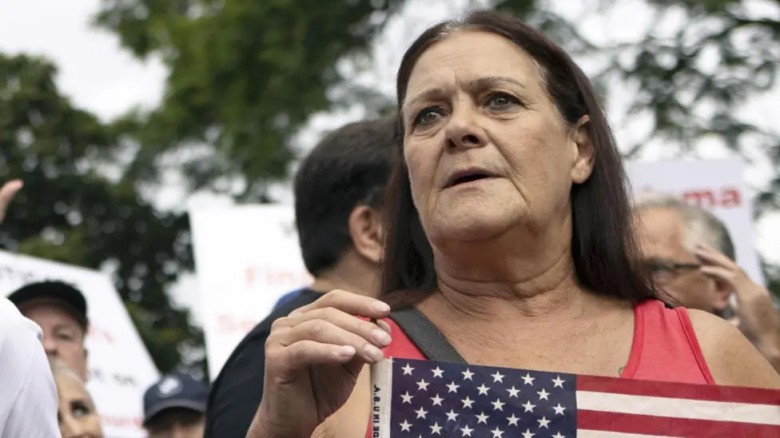
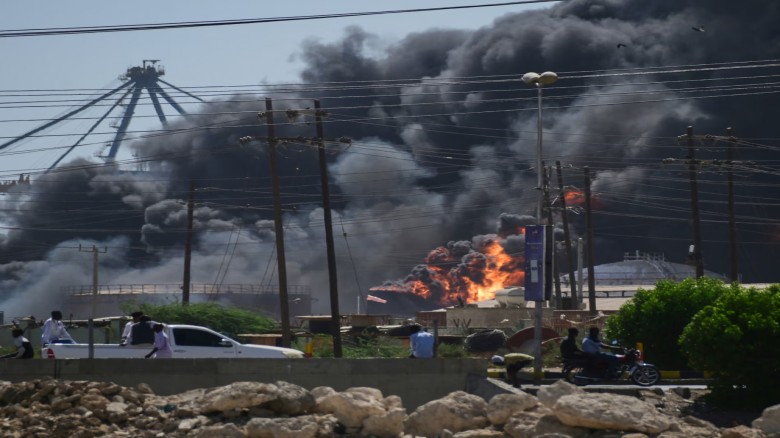



















Leave A Comment